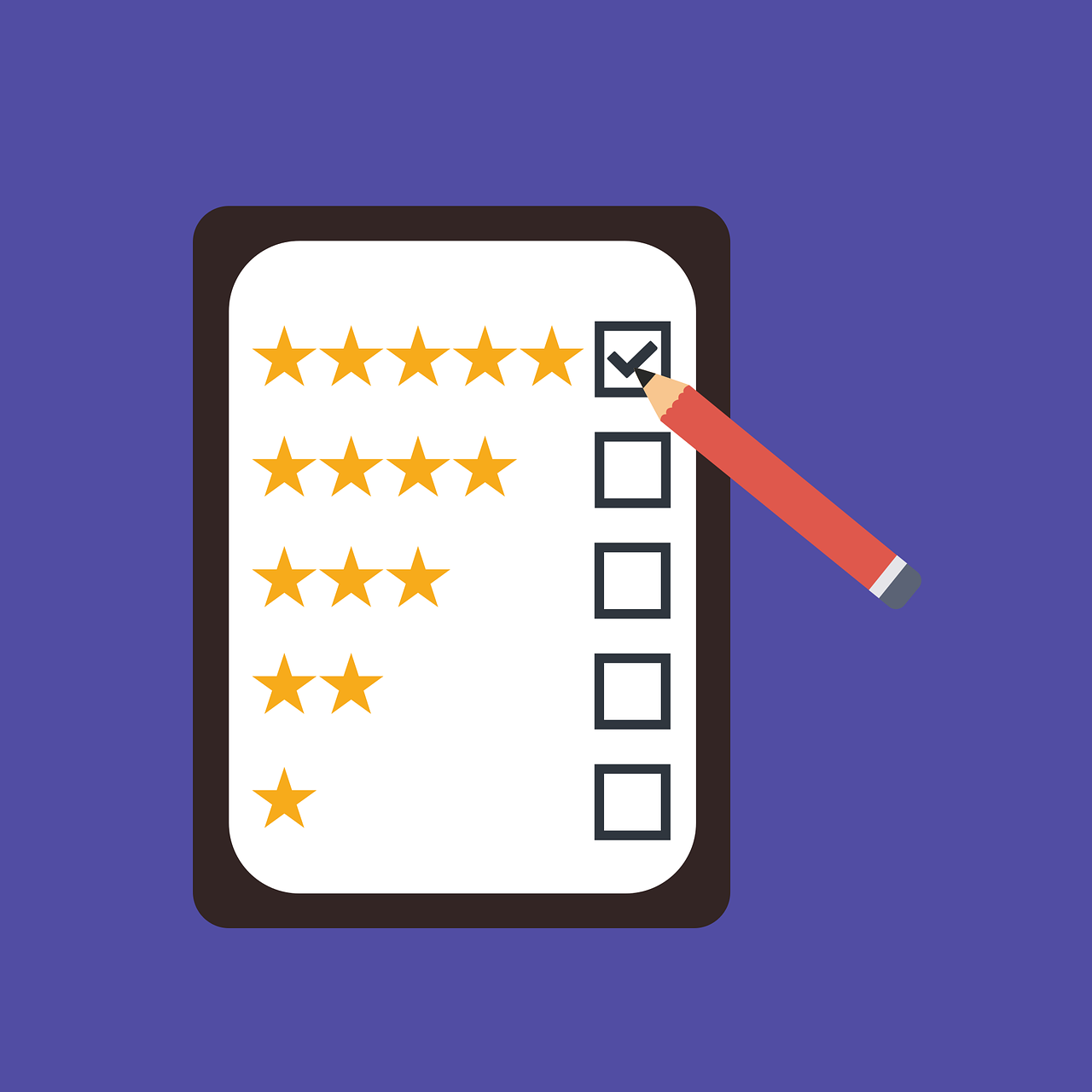Digital Tools for Research
Throughout your research journey, leveraging digital tools can be advantageous, aiding you from initial planning to final presentation. Whether you lean towards paper-based methods or embrace a hybrid approach combining both digital and traditional tools, this blog post from Kelly Trivedy offers insights to help you explore and experiment with new tools effectively!
Elicitation Interviews: Using Photos in Online Research
Typically, interviewers are accustomed to using words: we ask questions, we prompt follow-up responses, but the same principles of visual communication are true for research exchanges. Find tips and examples in this post.
Teach and Learn with a Research Case: Mixed Methods for Studying Blogs
Let’s use this open-access research case to think through the possibilities and potential problems involved with studying blog posts and online discussions.
How to Study YouTube or TikTok Videos
Researchers can easily access user-generated public videos. See this multidisciplinary collection of open access articles about quantitative and qualitative approaches to collecting and analyzing videos from YouTube or TikTok.
Decolonization, Technology, and Online Research
Decolonizing research methods means rethinking how we look at participants and problems. In the digital world there are even more ways the European West exerts cultural, economic, and political control. At the same time, the digital world allows researchers to conduct studies across the distances.
How to Use Digital Storytelling
Storytelling has been a part of our shared life since the beginning of time. Story-based research approaches are especially valuable when studying sensitive issues or collecting data with vulnerable participants. In today’s digital world we have new ways to share and collect stories in a research context.
How to study #hashtags
Hashtags offer online researchers ways to identify popular topics, trace viral messages, and locate influential thought leaders. Learn more about how researchers use hashtags with this multidisciplinary collection of open access articles.
Teach and Learn with a Research Case: Understanding Online Discussions of Key Public Health Issues Using a Mixed-Methods Approach
Let’s use this open-access research case to think through the possibilities and potential problems involved with studying blog posts and online discussions.
Collect Data on Social Media
From the moment social media platforms began to welcome user-generated content, researchers have looked for ways to study it. Learn more with open-access articles about social media platforms.
Think Before You Share: Navigating Power Hierarchies and Decoloniality in Research
Co-authors share about a topic of decolonial research, privilege, and ethics. They write this piece in two parts, narrating their understanding of the experience and how it relates to power hierarchies and researcher responsibility.
Research questions: Insider/Outsider perspectives
Do you think about research questions as an insider, outsider, or somewhere in between? Why is positionality important in online research?
Anonymizing Qualitative Data
Qualitative researchers often collect very personal data, whether in interviews or in narratives, diaries, or other records that depict their experiences. One way to protect their identities is by changing their names, and anonymizing the data.
Collect Data with Online Surveys
When survey tools were first available online, it seemed like the process of data collection would get much easier. Find open-access articles and author interviews.
Design and Data Collection with Julianne Cheek and Elise Øby
Julianne Cheek and Elise Øby, co-authors of the book Research Design: Why Thinking About Design Matters, discuss how to make decisions about what qualitative, quantitative, or mixed methods data to collect and how to do so. This post is the third of a three-part series of posts that feature ten author interviews.
Slow Ontology 2.0 as Inspiration for Methodological Approaches
What if we didn’t have to go fast to do our academic work and research? What if we could embrace the spaces and places around us to slow down? What could that mean for us personally, professionally, and in how we relate to social justice and ecological issues?
Compassion, Community, Care and Collaboration in Research
Anna CohenMiller helps us drawing on the 4C's of research: Compassion, Community, Care and Collaboration into our research praxis to develop as individuals and researchers.
Conducting my Research From an Island
Doctoral student Sandra Flores discusses her research in Puerto Rico, and what she learned from the experience.
Approaches to Supervision
Sage Research Methods Community posts about mentors and mentoring
Design and Methodology with Julianne Cheek and Elise Øby
Julianne Cheek and Elise Øby, co-authors of the book Research Design: Why Thinking About Design Matters, discuss how to make decisions about methodology in this collection of video interviews. This post is the second of a three-part series of posts that feature ten author interviews.
What is “Critical Participatory Inquiry”?
Learn about action and participatory research methods, and ways to design and carry out research with, not on, communities.




















